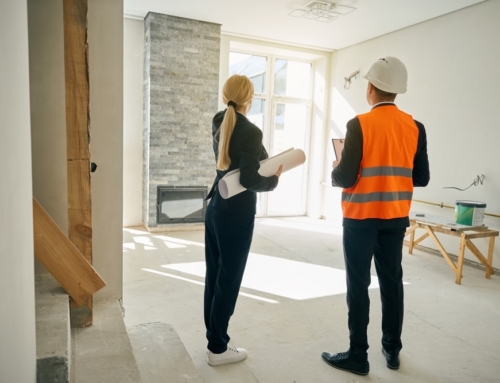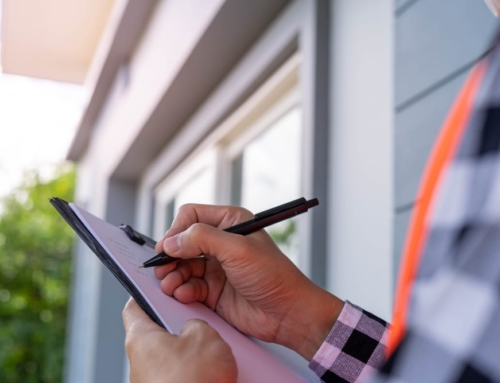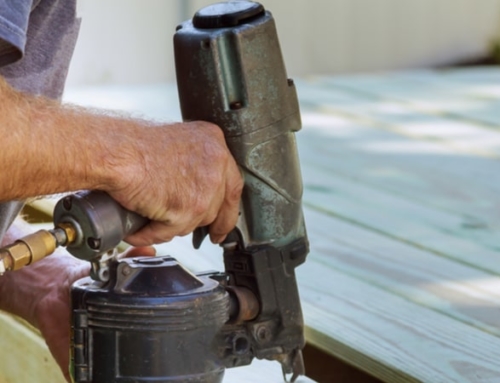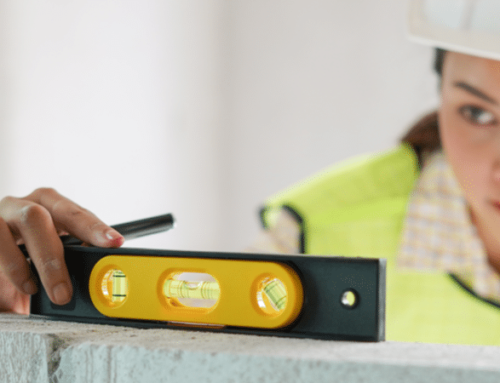Most home buyers will have at least two opportunities to inspect their property before closing on the purchase.
First, most buyers will include a contingency in the contract that allows them to do a professional home inspection by the home inspector of their choice. This inspection typically happens right after the sales price has been agreed to, usually within a week or ten days.
If the home inspector finds anything wrong in the property, or decides further inspections (perhaps for radon, heating and air conditioning systems, or mold) is called for, the home buyer will be able to hire specialists to figure out if there is an insurmountable physical problem with the property.
Assuming those inspections go well, the second opportunity to inspect the property is just before the property closes. The preclosing inspection or final walk-thru, as it is often referred to, is a home buyer’s last opportunity to walk through the property before closing.
What you’re looking for here is not at the same level as the initial professional home inspection. In a preclosing inspection, you simply want to make sure that the property is in the same condition as it was on the day you agreed to buy it.
To avoid getting burned, you schedule the walk-through as close to the actual closing as possible, certainly within the twenty-four to forty-eight hours prior to closing. If possible, the sellers should have already moved out.
The whole point of the walk-through is to protect yourself and your future property from sellers who aren’t as nice as they seem to be, or who are actually as nasty as they appear. By inspecting the premises, you’re making sure the seller has lived up to his or her agreements in the sales contract. And if he or she hasn’t, you want to know about it in advance of the closing so remedies (both monetary and otherwise) can be agreed upon before money changes hands.
What should you look for in a preclosing inspection? To start with, you want to make sure that the condition of the home hasn’t changed since you signed the contract several months earlier.
Believe it or not, a lot can change in the ensuing weeks. To make sure the home is in the same condition, you’ll want to turn on every appliance, open every door, make sure nothing’s broken (lights, fixtures, windows, etc.), be certain everything the seller agreed to leave is actually there, and in good shape, and be certain that when the sellers moved out, they did no damage to the home.
Sometimes movers can accidentally scrape a wall or pull up carpet in the process of packing up the contents of a house. If you do your preclosing inspection while the movers are there, you’ll have a harder time getting around them to make sure that the property is in good shape.
If you get there before the sellers have packed anything up, you might wind up with some nasty surprises on the day you move into the property.
I learned the hard way that sometimes sellers just don’t want you to find out certain things until you’ve closed on the property.
Nearly twenty years ago, Sam and I bought our first place. It was a vintage co-op built in the 1920s. Our sellers were seniors, and they were a bit quirky. The property hadn’t been touched in years.
When we did our final walk-thru, we noticed that the water was turned off in the kitchen sink. We wanted to run the dishwasher, which was really old, but didn’t want to turn on the water if it was off.
Looking back, it’s hard to imagine why this wasn’t a red flag for us. But we were really happy to be buying our first place, which was taking just about all the money we had in the world. We didn’t question it. We just bought it and moved in.
The first night we unpacked the dishes and decided to run a load in the dishwasher. At well past midnight, my husband turned on the water and we put in the dish soap and turned on the machine. We went to bed.
We were awakened early the next morning with pounding on our front door. Our downstairs neighbors came into their kitchen and noticed that the contents of our dishwasher had dripped down through the ceiling into their kitchen, ruining their window shade.
My husband and I looked at each other and we knew why the water had been turned off. Too bad we didn’t find that out ahead of time. Still, the damage could have been worse.
As I recall, it cost us $600 to fix the damage in our neighbor’s apartment.






Leave A Comment